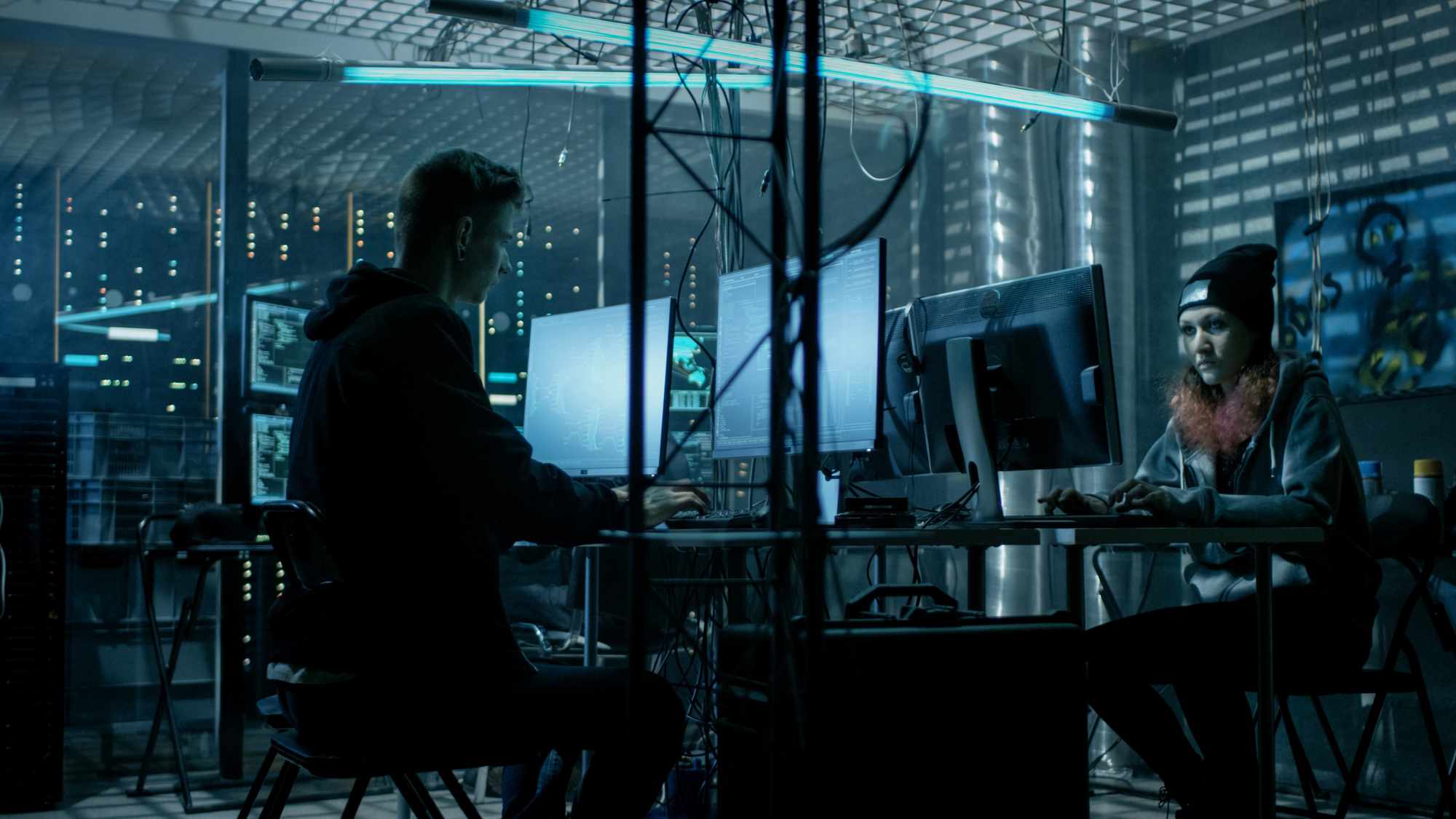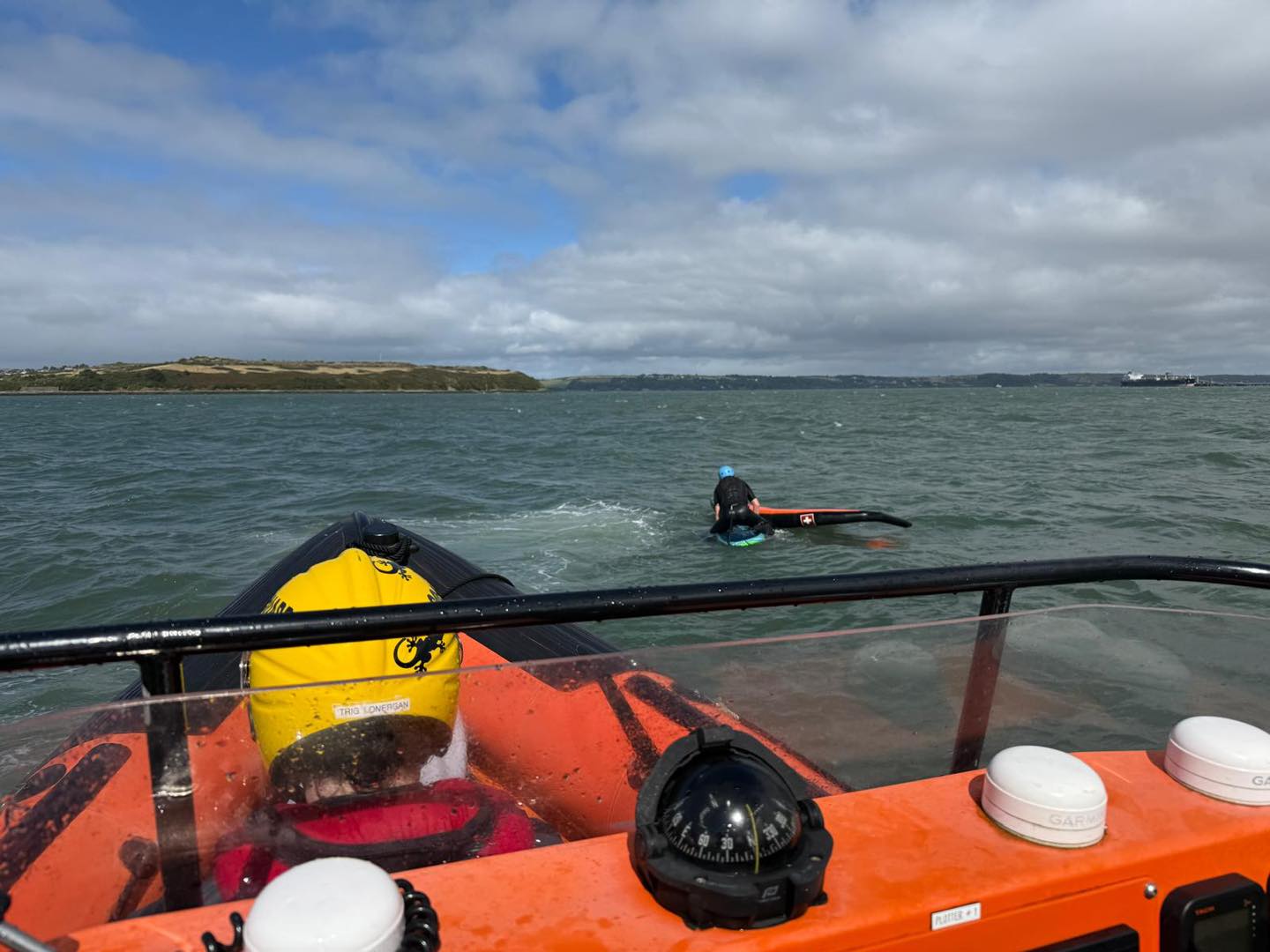Ireland Joins World's Largest Cyber Defence Exercise 'Locked Shields'
Ireland joins world's largest cyber defence exercise with 220-strong team. NCSC and Defence Forces tested against 8,000+ attacks in multinational Locked Shields collaboration.

Ireland has once again participated in 'Locked Shields', the world's largest live-fire cyber defence exercise, as it marks its 15th anniversary. The event, organised by the Collaborative Cyber Defence Centre of Excellence (CCDCOE) in Tallinn, Estonia, saw a joint Irish/US/Bulgarian/Greek team of nearly 220 personnel taking part in the week-long exercise.
Collaborative Defence Effort
The National Cyber Security Centre (NCSC) led Ireland's involvement, with support from the Irish Defence Forces along with private technology companies and academia. This collaborative approach combined public sector oversight with private sector and academic expertise.
During the exercise, the NCSC hosted staff from the USA and Bulgaria, while Irish staff were also present at US Cyber Command, demonstrating international cooperation in cyber defence.
Realistic Cyber Crisis Simulation
The 2025 iteration of Locked Shields featured over 8,000 virtual systems to defend against more than 8,000 cyber-attacks. Participating teams took on the role of national cyber rapid reaction teams deployed to assist a fictional country experiencing a large-scale cyber incident.
The exercise tested not only technical responses to cyber-attacks but also included strategic communications, public policy decision-making, and whole-of-government coordination.
New elements introduced this year included cloud-based infrastructure, surprise technical scenarios requiring rapid adaptation, and an upgraded scoring system with more targeted feedback.
Fictional Geopolitical Scenario
The exercise scenario continued to evolve around the conflict between fictional island nations Berylia and Crimsonia. This year's exercise expanded geographically to simulate collaboration across Atlantic and Pacific theatres, introducing new fictional nations: Revalia and Netoria in the North Atlantic region, and Nekelonia and Selenoa in the Pacific.
Building National Cyber Resilience
NCSC Director Richard Browne highlighted the importance of the exercise:
"Locked Shields gives us an opportunity to train, practice and compete with and against our peers and partners, and in doing so to test our own skills, capabilities and procedures. To be able to defend the infrastructure, services and data that people in this country rely on, we need to be certain that we remain competitive in this environment."
Brigadier General Brian Cleary, Commander of the Joint Cyber Defence Command, added that this year's exercise:
"Marks an important step forward for the Defence Forces in strengthening Ireland's national cyber defence, through close collaboration with the National Cyber Security Centre."
Private Sector Support
Significant private sector support ensured the successful completion of the exercise, with contributions from several companies including Microsoft Ireland, BAE, ESB, Edgescan, Wiretrap, EY, KPMG, Threatscape, Fortinet, Segura, Flutter Entertainment, and Synopsys.
Ireland is one of seven non-NATO members that are contributing participants in the CCDCOE, demonstrating the country's commitment to international cyber defence cooperation.



